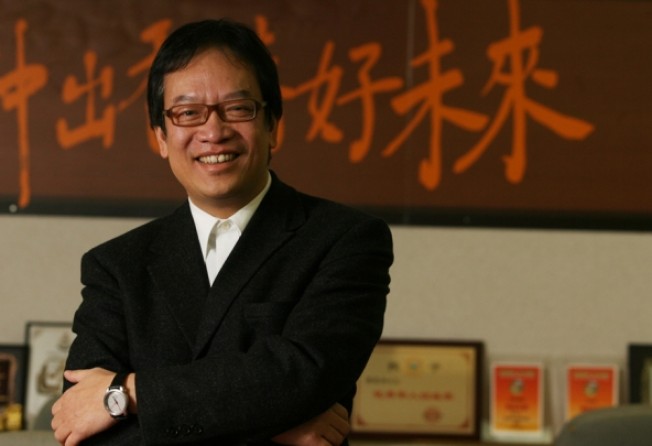
Restaurant's HK$1 chicken gimmick won't fly under new trade rules
Restaurant's HK$1 promotion could fall foul of stricter trade ordinance if it doesn't mention the cost of those spring onions or ginger paste

Restaurants that use gimmicks such as offering a dish for just HK$1 while charging for unspecified extras could in future be committing an offence under the Trade Descriptions Ordinance.
This was one of several examples given in the final version of new enforcement guidelines for Customs and Exercise and Communications Authority officers.
The ordinance now covers services as well as goods.
The guidelines will come into effect on July 19.
The guidelines cited an example of promoting chicken for HK$1 while charging for extras such as the spring onion and ginger paste that come with it.
Traders are warned that misleading omissions in sales material could leave them liable for failing to properly inform customers before they buy something.
The introduction to the 44-page booklet says the guidelines only "serve as a guide as to when conduct may constitute a contravention of the fair trading sections".
"It is impossible to cover all circumstances in light of the developments and innovations in commercial practices, nor should the booklet be treated as having any legal effect," it warns.
"Ultimately, only a court of law can decide whether conduct contravenes the fair trading sections, taking into account the evidence of each case."
Misleading trade descriptions were a topic hotly debated by retailers during the public consultation. An example in the consultation guidelines states that traders who label their crabs "Yangcheng Lake hairy crab" when the crabs are in fact bred and harvested in other places are likely to be accused of providing a false trade description.
But retailers said the name of a place that came before a food product did not necessarily denote its origin. A Fuji apple, for example, was not necessarily harvested in Japan, they argued.
To address their worries, the Customs and Exercise Department added a suggestion that traders provide more detailed descriptions on such products - such as labelling Fuji apples as "Fuji apple from China".
A person may be acquitted if there is enough evidence that he or she did not know the goods did not conform to the description, the guidelines adds.
While the court will decide whether to accept such a defence, a retailer that requires suppliers to provide proof such as certificates of origin would be more likely to have the defence accepted.
Restaurant chain Tao Heung, which has been offering a HK$1 chicken dish since 1996, said there were no extra charges except the conventional 10 per cent service charge.
The restaurant drew criticism earlier this year when the chicken ran out before the stated promotion period. A spokesman said the company would review its marketing information and poster designs to accommodate the new legal requirements.
Simon Wong Ka-wo, president of the Federation of Restaurants and Related Trades, said very few restaurants or food sellers would have certificates proving their products' origin.
"Almost all of Hong Kong's food is imported. We are in a passive role when it comes to proving food origins," he said.
Under European Union rules, only food produced in a given area using recognised expertise can be identified as such. The only sparkling wines that can call themselves "champagne", for example, are those produced in the Champagne region.
The certification system for Yangcheng crabs, however, has always been questioned by crab farmers as dubious.
Even if food sellers found some names misleading, they could do little to change them, Wong said. "People usually think Wagyu comes from Japan, but many countries also give their beef the same name and back their claims with various certification systems," he said.